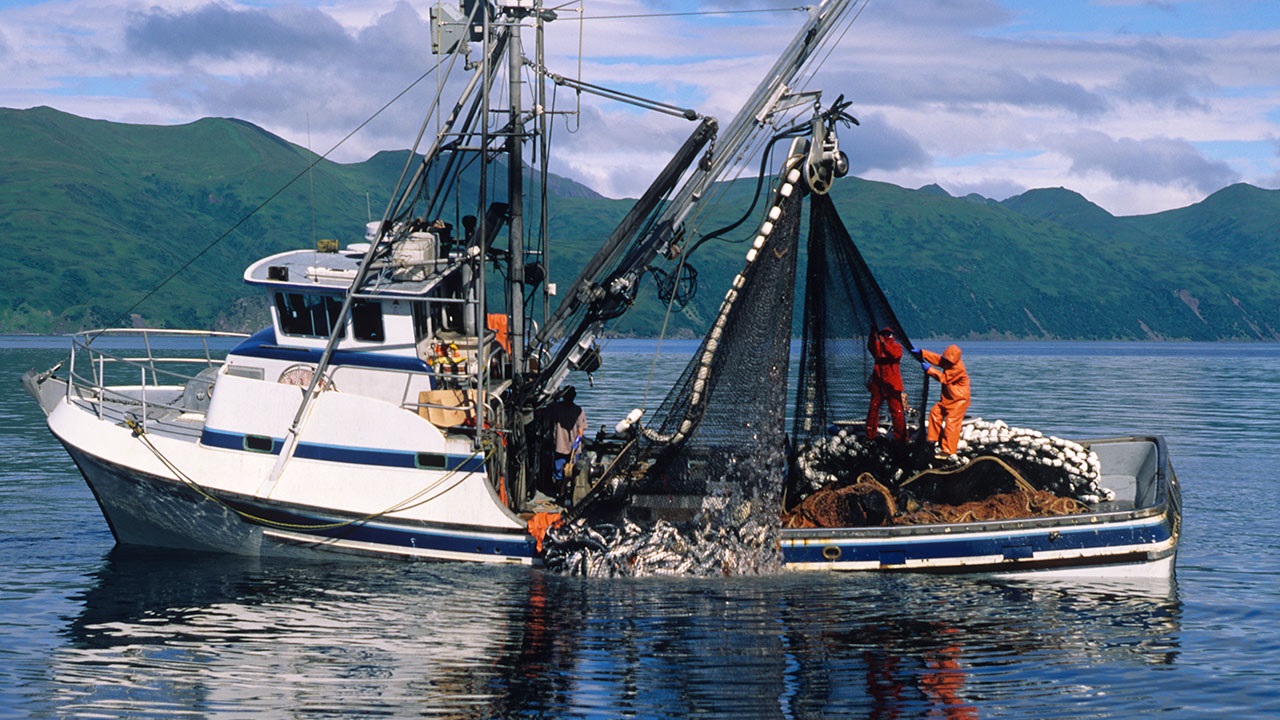For centuries, small fishing boats have been the beating heart of the UK’s coastal towns. From Cornwall to Whitby, these vessels have brought in fresh catches, sustained family businesses, and anchored entire communities to the sea. Yet today, their numbers are in steep decline, threatening not just an industry but a way of life.
A Tradition Under Threat
Small fishing boats—often operated by local families—once dominated Britain’s fishing harbours. Their size allowed them to navigate nearshore waters, catching seasonal fish such as mackerel, crab, and lobster. Unlike larger trawlers, they typically used more sustainable methods, helping preserve marine ecosystems.
However, decades of economic and regulatory pressures have pushed many of these vessels out of business. Rising fuel costs, stricter fishing quotas, and competition from industrial-scale fleets have left small operators struggling to survive.
Economic Ripples in Coastal Towns
When a fishing boat stops operating, the impact spreads far beyond the skipper and crew. Fishmongers, processors, local restaurants, and even tourist shops lose a steady supply of fresh seafood. The economic chain—from catch to plate—breaks down, forcing communities to rely on imports or larger commercial suppliers that may not value local traditions.
In towns like Hastings and Cromer, where fishing heritage is part of the local identity, the decline has cultural consequences too. Seasonal festivals, maritime museums, and seafood markets risk losing their authenticity without the active presence of working fishermen.
Environmental and Sustainability Concerns
Ironically, the disappearance of small fishing boats could harm sustainability. While industrial trawlers can sweep vast areas of the seabed, small vessels often use selective gear and work close to shore, causing less damage to marine habitats. With fewer of these boats in operation, large-scale methods dominate, potentially leading to overfishing in certain zones.
Environmental groups have voiced concerns that preserving small-scale fishing is not only about protecting heritage but also about ensuring a balanced marine ecosystem.
Brexit and Policy Shifts
The UK’s departure from the EU was initially seen by many small-scale fishers as a chance to reclaim more control over domestic waters. However, post-Brexit trade agreements and regulatory changes have not always favoured them. Some fishers report that access to certain export markets—particularly for shellfish—has become more difficult, squeezing profits further.
What Can Be Done?
Several solutions are being proposed:
- Targeted subsidies for small-scale fishers to help offset fuel and maintenance costs.
- Community-supported fisheries where residents pre-purchase catches, giving fishers stable income.
- Tourism tie-ins such as fishing trips and harbour tours to diversify revenue streams.
- Policy reforms ensuring quota allocations favour smaller, more sustainable operators.
A Call to Protect Maritime Heritage
The decline of small fishing boats is not inevitable—if policies, investment, and community support align. Without intervention, Britain risks losing a piece of its coastal soul, along with jobs, fresh seafood, and sustainable fishing practices. Preserving this fleet is about more than economics; it’s about keeping alive the centuries-old relationship between the UK’s people and the sea.



